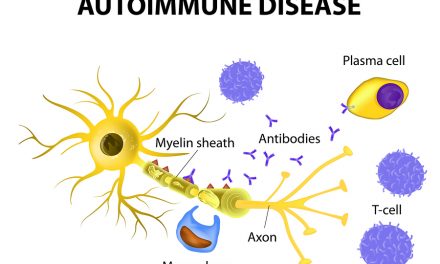Analysts from Goldman Sachs (regardless of how you feel about them) have confirmed what many of us have suspected for some time in a recent published report title, “The Genome Revolution”: biotech companies (i.e. Big Pharma) are not incentivized to cure illnesses. Let me see if I can rephrase that for you, it seems curing people is not a “sustainable business model.”
“Hep C treatments are 90% effective in terms of complete cure. But the Hep C business model is unsustainable. In 2015, Gilead Sciences, the maker of Hep C treatments, reported sales of $12.5 billion related to the medications. This year, Gilead Sciences will report in the $3 billion range. That’s a drastic financial decline and the price the biotech company pays for curing an illness completely.”1
RELATED STORY:
RELATED STORY:
And in cases like Hep C, once you cure existing patients that effectually decreases the number of carriers able to transmit the virus to new patients. And that means fewer people to take your drug. Now imagine they applied this to cancer; cure cancer, fewer people need treatment, and there are fewer profits to go around. And there is BIG profit in cancer.
“People have long suggested that pharmaceutical companies intentionally avoid eradicating illnesses for fear of lowered profits. Unless the cure can be tied to ongoing treatments, the pharmaceutical company loses financial incentives,”1
The report from Goldman Sachs came out in April of 2018. It remains to be seen whether or not anyone really looks into how hard Big Pharma is actually trying to cure disease vs maintain the status quo. What is certain is that the report has increased speculation that pharmaceutical companies knowingly and strategically avoid cures.
SOURCE:












